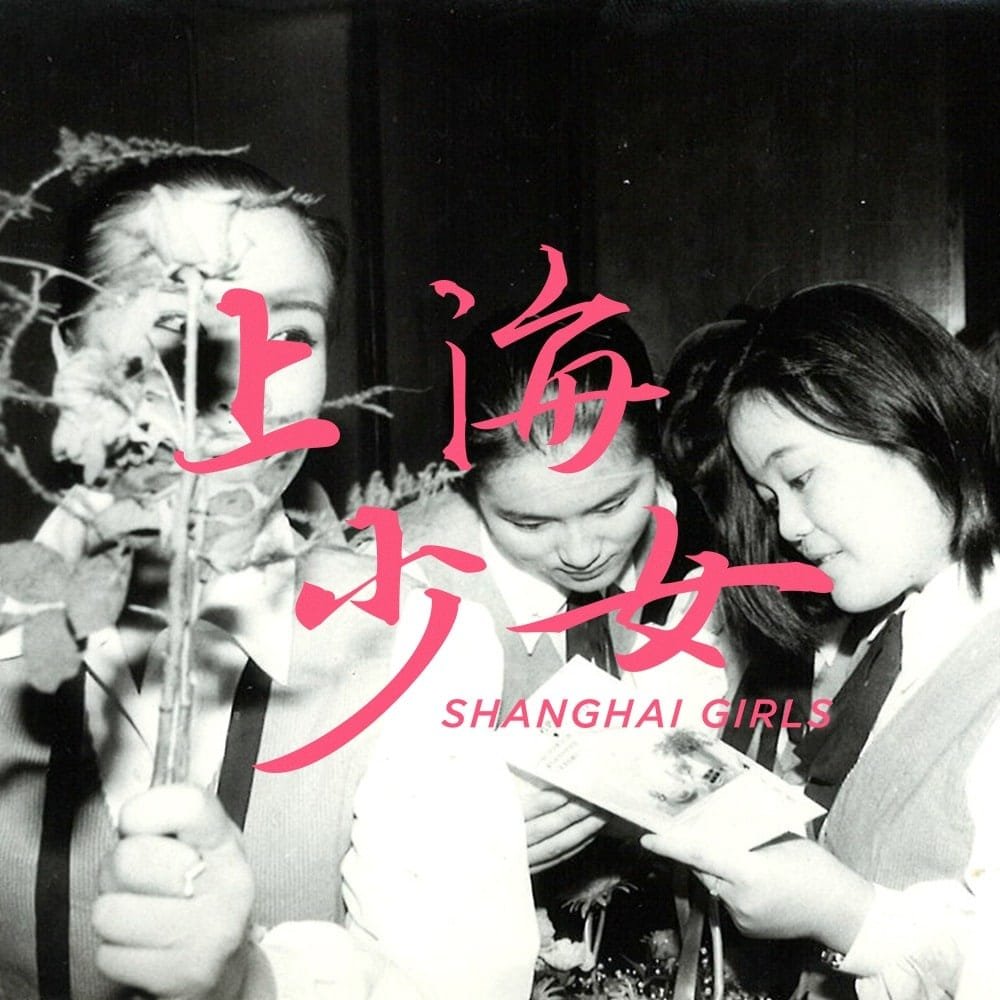
“Our younger selves sing on in our hearts. We hear them still.”
Thirty years ago, Luo Tong was a member of a choir which achieved a short-lived period of fame during the 1990s, thanks to their performances on a national stage. Now a filmmaker, Tong reunites with her fellow singers and teachers to reflect on the passing years and the transformation of both Shanghai as a city and the roles of women in Chinese society.
Split into chapters, Shanghai Girls covers such topics as friendships, marriage and the challenges of being both mothers and daughters via chats with various members of the choir in the present day, interspersed with archive footage of concert performances and glimpses of the city as it was three decades ago, building towards a class reunion, an event to which Tong believes no one will bother to show up. Non-spoiler: her choirmates and teachers do show up.
Early in the film, Tong and her 90s “desk mate” Lin Fang take a trip to the site of the Xingzhi Performing Arts School only to find that it had been demolished some years before, but where this would be an excuse for some documentaries to wallow in a longed-for past, Shanghai Girls brushes this off with a cheery air of “life goes on” and embraces the here and now, never drifting into the sentimentality of what might have been. Yes, the beautiful musical numbers will bring a tear to the eye, but they’re used to inform the progress and tenacity of that group of talented pupils.
Lin Fang, for instance, had ambitions to be a professional singer, but her family stressed the importance of having a job they viewed as more stable. She didn’t end up pursuing those dreams, but she shows few regrets and has continued to be involved in musical projects. The back and forth between Luo Tong and Lin Fang is sweet and funny and could have easily been the focal point for the entire hour and a half, but there are many other old friends with which to catch up.
By the time we reach the section “What Marriage Is,” the recollection turn more serious, with stories of divorce and abusive husbands, but the material is handled with a light touch and is balanced with the ultimate successes of those women. Zhang Li spent ten years as a housewife, doing “nothing” by her own admission, but now runs her own business and plans to retire when she’s fifty years old. Lou Bin, free of her aggressive ex, moved back to the city to start again and found her soulmate. Luo Tong herself is a single mother, but there’s no bitterness or using the platform of film to vent. The feeling is one of positivity and the drive to make something of your life.
If this sounds like men are generally portrayed as the enemy, that’s nothing of the sort, with familial and cultural expectations as much to blame for creating obstacles in the lives of independent women, an example highlighted in Ban Ban’s retelling of being “stuck in a bubble” of a marriage going nowhere, but then being urged to take back her estranged husband when he didn’t embrace the single life as fully as she did. The so-called “leftover women,” as they have been dubbed in Chinese society, are now making a name for themselves with no men figuring in their plans for a fulfilling life.
There are still many barriers to break down, but there’s a band of quietly formidable subjects in Shanghai Girls which leave the viewer in no doubt that they’re more than up to the task. Actually, there’s one – there’s always one – who is the very opposite of quiet and in this case it’s the memorably hilarious Wu Qiong, who married her “wrong” date, runs a restaurant and likes a drink or three. After a run of demure, thoughtful, introspective interviewees she crashes the proceedings in fine style and provides welcome, irreverent counterpoints without derailing the whole thing.
This is, for the most part, as gentle and graceful a call to smash the patriarchy you’re likely to see but it’s a call, nonetheless, couched in a great big hug of a film about the enduring nature of friendships and the willingness to strike out in directions which were not considered acceptable just a few decades previously. The sentence “Do what you want you want and love however you like” is said at one point, which sums up the mantra of Shanghai Girls perfectly. You’d have to be a curmudgeon of some note to watch this and to disagree with that.
